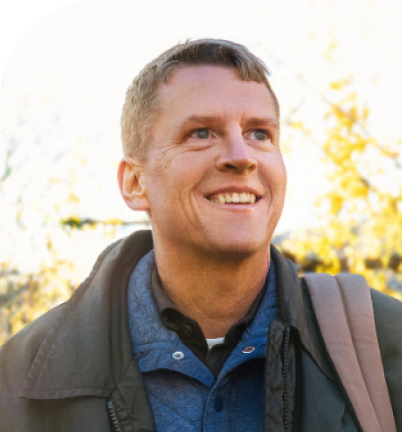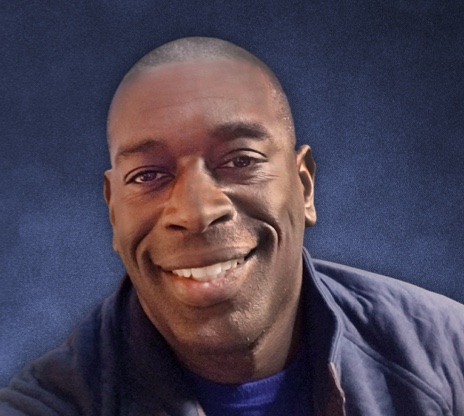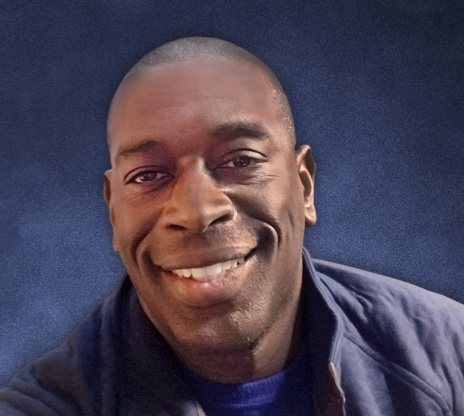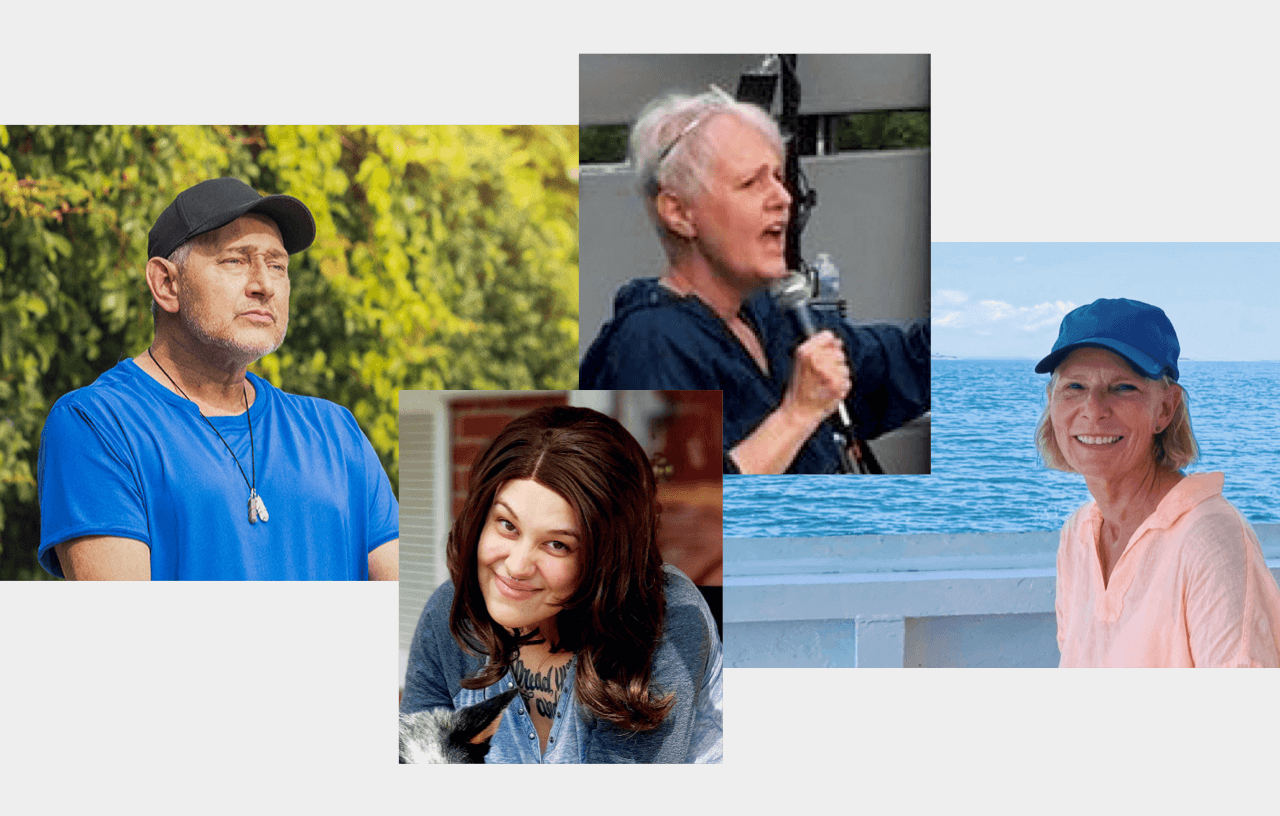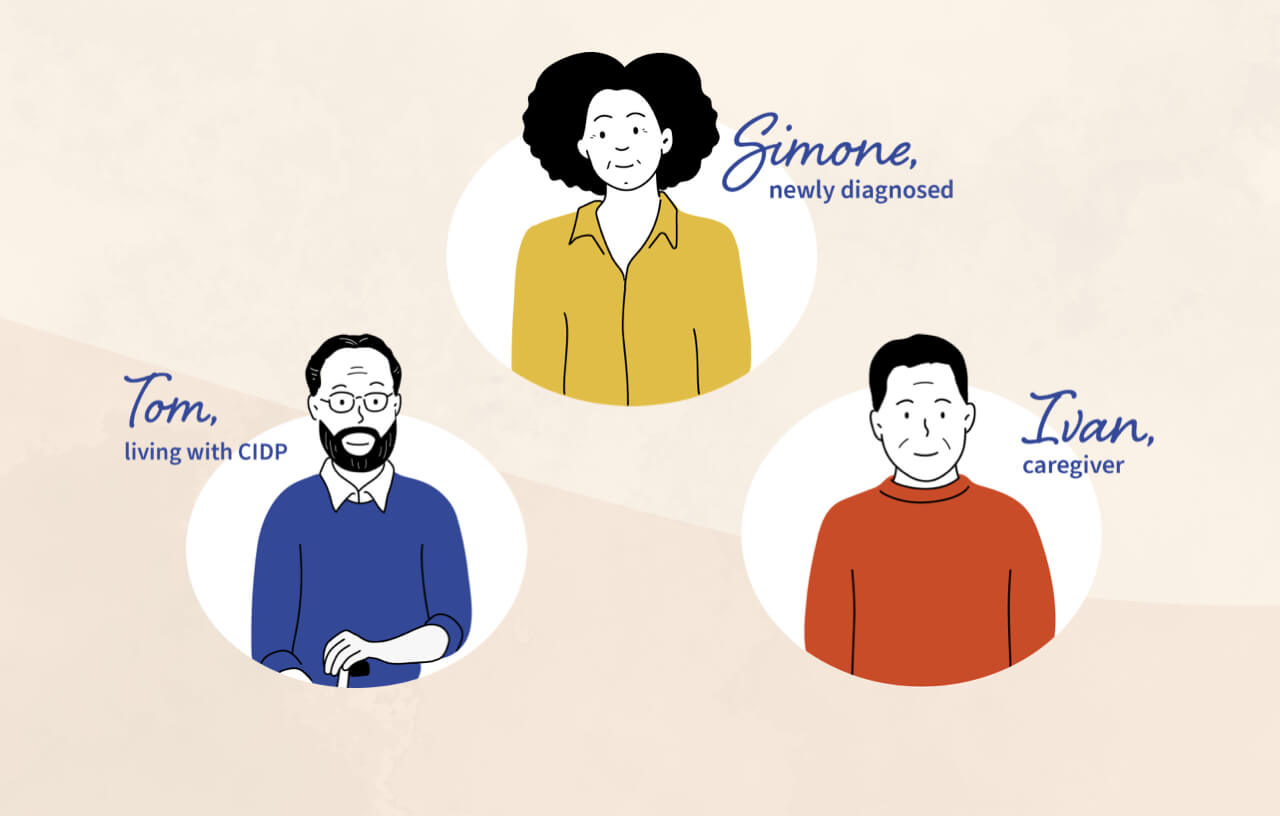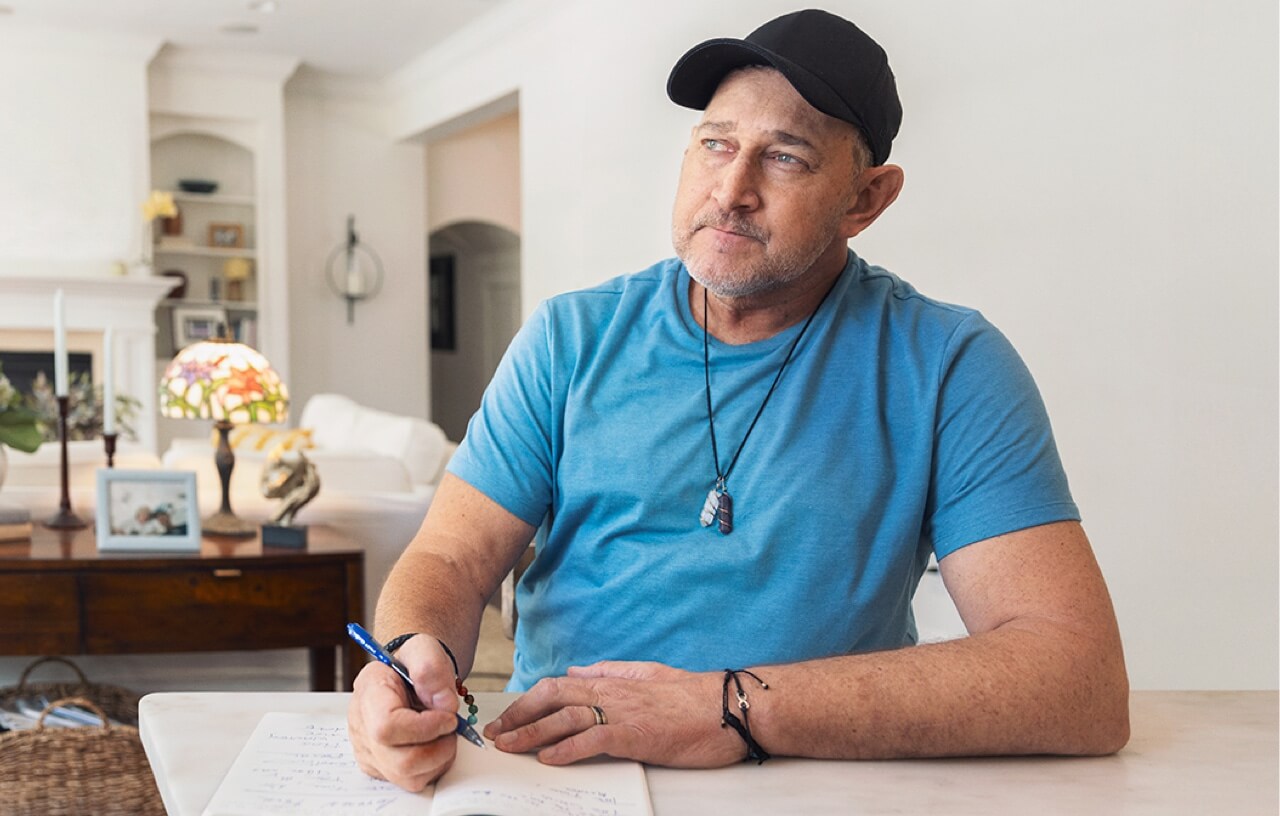Rorey never accepted what life handed to him. Raised by his grandmother in a low-income household with 12 other children, he was the first in his family to go to college. He then became a lawyer, was in a romantic relationship for nearly 30 years, and traveled extensively. It seemed he was unstoppable.
Then CIDP hit. “My whole world just changed in an instant,” Rorey said. “At first, it was very lonely and very scary,” he recalled, noting that the only person he had on his diagnosis journey was his neurologist, who he still sees to this day.
But that initial sense of isolation and fear has lessened, and Rorey credits a lot of that to his neurologist, who he sees as a partner in his journey with CIDP. Upon receiving his diagnosis, Rorey’s neurologist connected him with a neuropsychiatrist. At the time, Rorey didn’t understand why, but he soon learned that having a condition like CIDP can come with a set of mental health challenges and may require a change in mindset.
Give yourself the grace and the space to come to terms with your condition.
For Rorey, probably the most important step forward was truly accepting that he had a debilitating condition. “Give yourself the grace and the space to come to terms with your condition,” he said. For instance, there came a time when Rorey realized he needed to get a seat to put in his bathtub because it became challenging to take a shower standing up. Emotionally, getting that seat was very difficult for him, because it signaled the beginning of a new phase in his condition that likely wasn’t going away.
“But you know something,” he said, regarding the bathtub seat, “it makes my life a lot easier.”
Changing his perspective was key for Rorey. “Once my mindset changed, then I could see CIDP as: ‘This is a new life, but I have opportunities. And not only am I surviving, but I'm thriving.’”
Rorey continues to work as a lawyer, thanks to an accommodating employer who allows him to work exclusively from home. Additionally, he has discovered new satisfaction in life by helping other people with CIDP and contributing to research efforts. Recently, he participated in an interview panel to help people better understand what daily life is like with CIDP. He also had the opportunity to test out and provide feedback about a new apparatus that a company is designing to help people with CIDP.
“That was so empowering,” he said. “It’s things like that, and going to conferences, that change the way you feel. It gives you a little sense of control over something you seemingly don’t have control over.”
Ironically, Rorey said that having CIDP has actually improved his mental health—because he has learned to let go of the small things, like not doing all of his laundry on the same day. Although it may not be the case for all people with CIDP, since developing the condition, Rorey found that his mental and physical health have become inextricably connected. “When I feel stressed, I feel physical pain,” he noted.
Rorey has also learned to let go of certain relationships that were no longer supportive. Some people in his life didn’t know how to respond to his condition and became somewhat distant with him. Initially, he tried to maintain these relationships, but chasing after people made him feel worse—both mentally and physically.
It really is hard to let go of some people, but you have to do it if you're going to thrive, not just survive.
“If they're not in my circle, they're not in my circle. It really is hard to let go of people, but you have to do it if you're going to thrive, not just survive.” For the people who made an effort to stay in his life, Rorey had to accept that some might be great at providing encouragement, but might not be emotionally capable of hearing about the pain and isolation he feels.
You need to find or create a community of support.
“You need to find or create a community of support,” Rorey said. To find that much-needed level of empathy and understanding, Rorey has gone to “Coffee Chats” organized by the GBS | CIDP Foundation International. He has also attended expert seminars through their website, which have helped him cope with the challenges of CIDP. Recently, he was delighted to find camaraderie and a sense of community among people with CIDP at a conference in Washington, D.C. And, Rorey is fortunate to have doctors with whom he feels comfortable sharing everything.
Through acceptance and adjusting his mindset, Rorey has redefined meaning and contentment in his life. In doing so, he is able to rise above his circumstances and shine through CIDP.
“My hope is that there's somebody out there that doesn't feel alone when they're able to listen to this,” Rorey said during his interview on the Untold Stories podcast, “that caregivers can understand more about how this impacts your life, and that healthcare professionals understand that we’re more than just patients. We can be partners with our doctors.”


